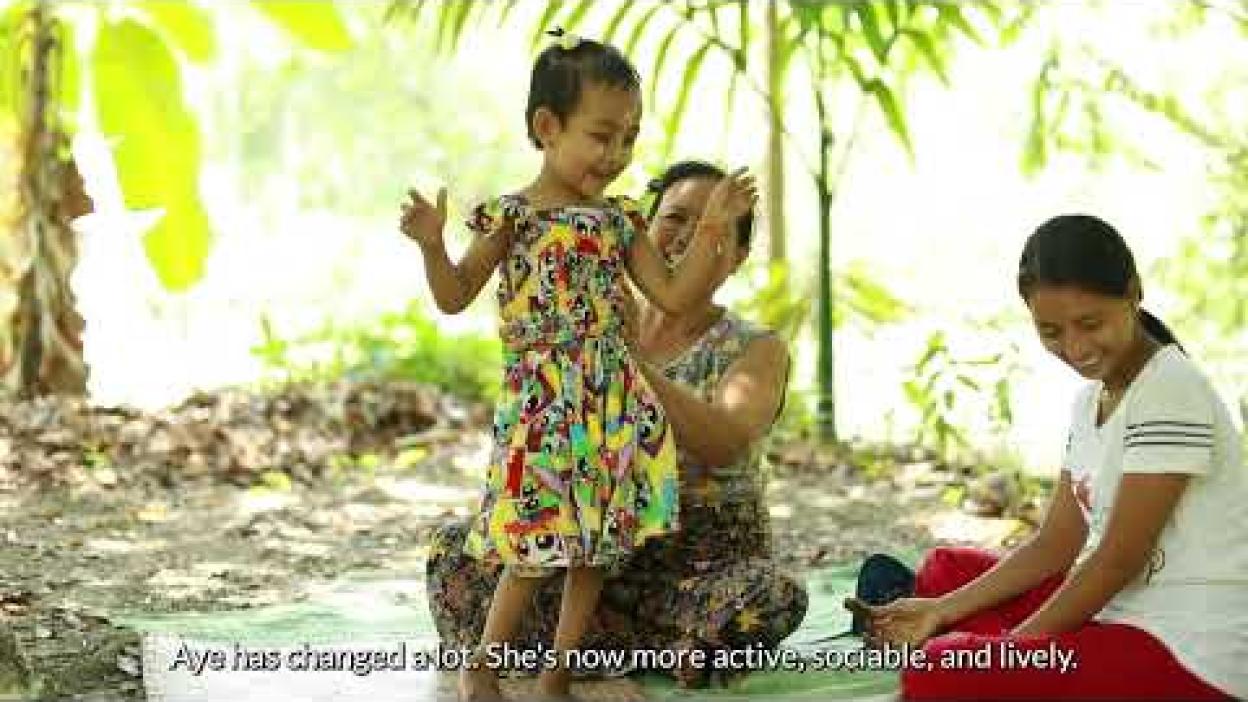Education Programme
A world with education for all
“All children have the right to a safe, inclusive and quality education. We want all children to be educated for life, in a safe and nurturing environment, in order to lead productive and fulfilling lives.”
For over 20 years, World Vision International Myanmar (WVIM) has been committed to creating brighter futures for children through education. Guided by Sustainable Development Goal 4, we aim to ensure every child in Myanmar has access to inclusive, equitable, and quality education.
WVIM delivers education programs across 9 States and Regions in Myanmar. Our efforts focus on enhancing Early Childhood Development (ECD), boosting literacy skills for young learners, empowering parents as first teachers and protectors, supporting teachers for inclusive education, and strengthening local communities for lasting change.
Our Education Journey
- Non-Formal Education (NFE) (1997–2018): For 21 years, WVIM ran community-based NFE programs, helping children who missed out on formal schooling catch up and reintegrate into the education system.
- Early Childhood Development (ECD) (Since 1999): Partnering with the Department of Social Welfare, we’ve supported preschool education for children aged 3 to 5, laying a strong foundation for lifelong learning.
- Formal Education Engagement (Since 2019): Expanding into the formal education sector, we focus on early-grade reading (Grades 1–3), and strengthening literacy skills in schools and communities.
Our Impact
122,913
24,190
14,002
Promoting Inclusive Education
Our education programmes across Myanmar
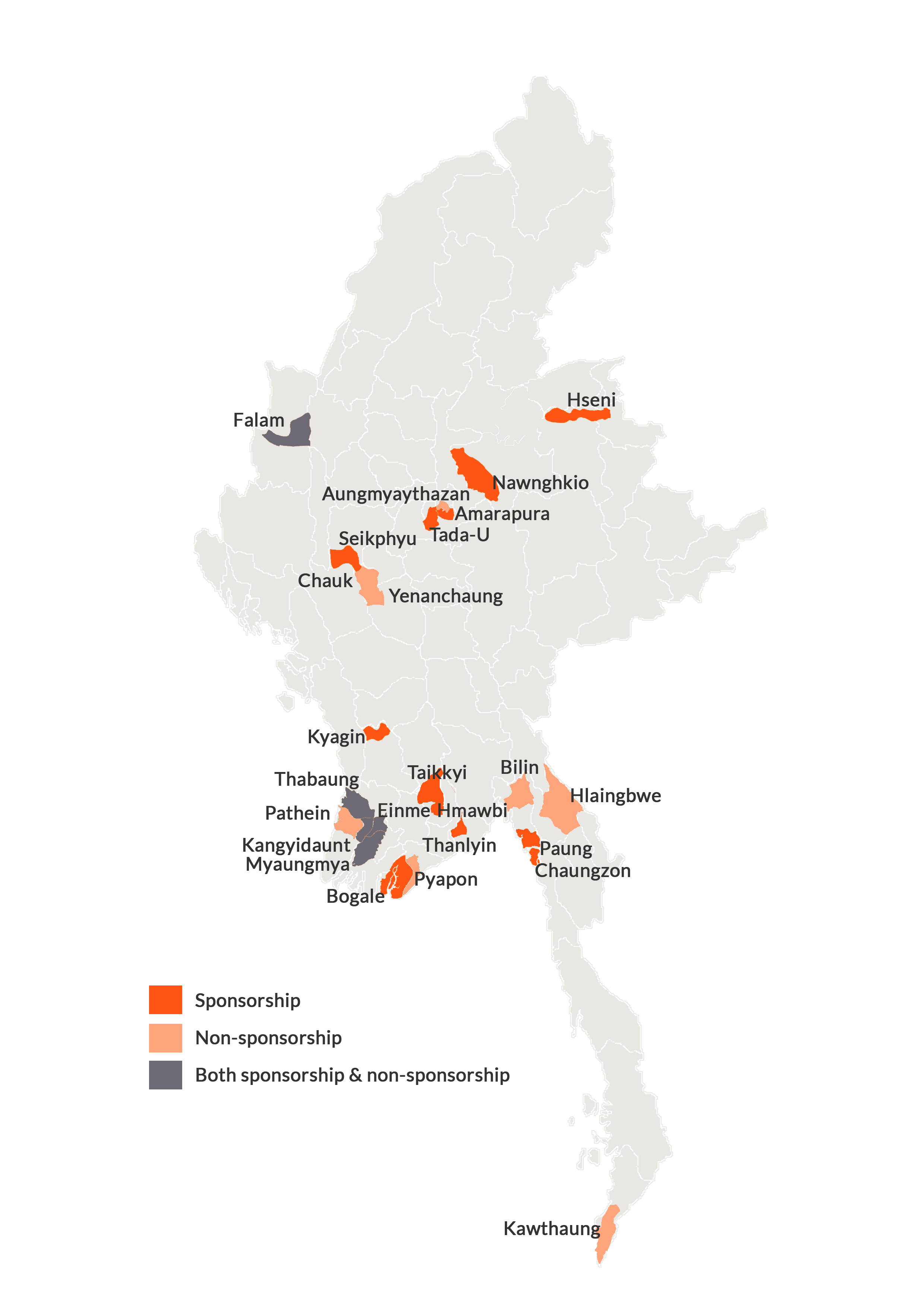
Note: Non-sponsorship is the area where the grant project of World Vision International Myanmar is operated.
Our approaches to change
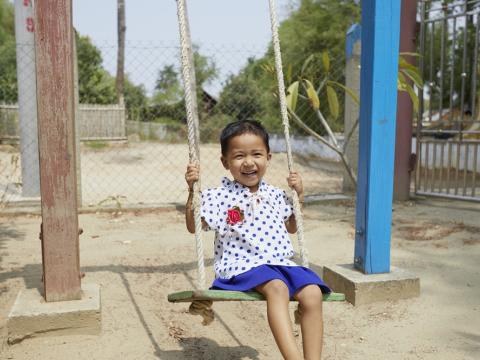
Learning Roots
Designed for children aged 3-5 years, Learning Roots fosters secure, stimulating, and play-based learning environments to ensure a smooth transition to primary school. This model focuses on:
- Engaging Parents and caregivers - Strengthening their ability to support children's cognitive, emotional, physical, and language development, including early literacy and numeracy.
- Empowering Teachers - Providing ongoing training to enhance inclusive and nurturing teaching practices in Early Childhood Development (ECD) centers.
- Strengthening Community Support – Partnering with education committees, community-based, and faith-based organizations to create a holistic support system for children.
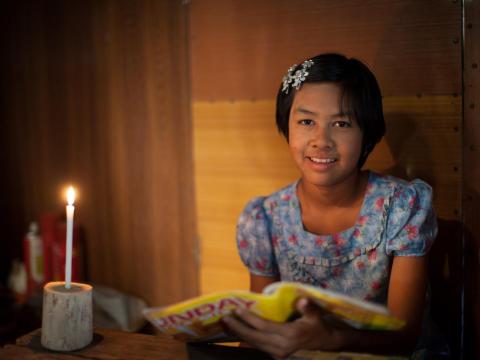
Unlock Literacy
Unlock Literacy is a proven, evidence-based model designed to help children aged 6-12 (Grades 1-3) develop strong and sustainable reading skills. Our approach ensures children read with comprehension, fostering a lifelong love for learning.
- School Track: Training and coaching teachers to improve literacy instruction.
- Community Track: Engaging caregivers and communities to create literacy-friendly environments.
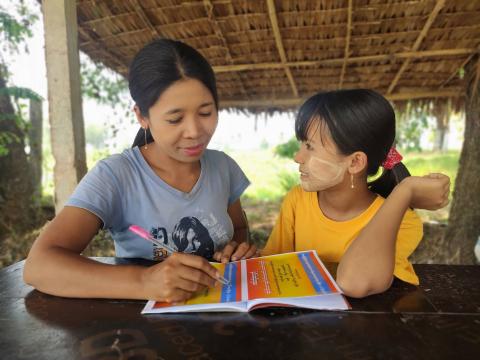
Alternative Education
We provide flexible learning opportunities for children aged 3-18 who have missed out on early education or dropped out of school. Our programmes include:
- Playgroup & Story Group
- Reading Club & Book Bank
- Community Library
- Homeschooling curriculum and home-based learning
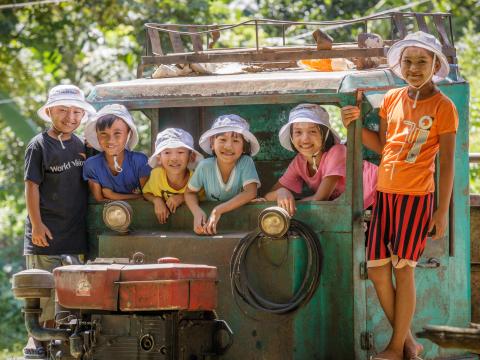
Infrastructure Development
We enhance educational facilities by:
- Constructing safe, disability-friendly schools and ECD centers with engaging indoor and outdoor learning spaces.
- Providing WASH (Water, Sanitation & Hygiene) facilities to ensure a healthy learning environment.
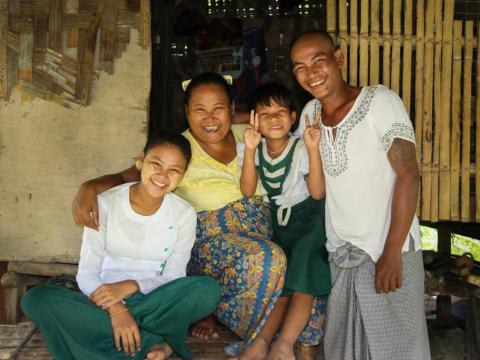
Capacity Development
We invest in parents, teachers, and local education committees by:
- Equipping parents and caregivers with essential educational knowledge and skills.
- Strengthening the capacity of teachers and facilitators to improve the quality of education.
- Supporting local education committees and Parent-Teacher Associations (PTAs) to ensure sustained impact.
- Developing curricula and teaching aids to enhance learning outcomes.
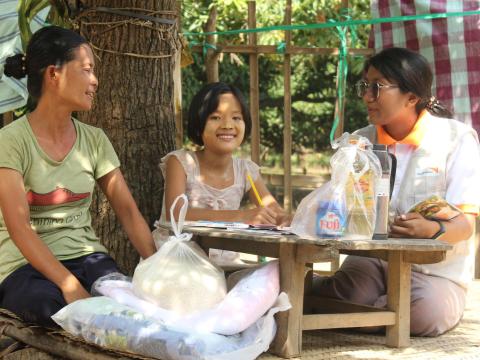
Education in Emergencies
In times of crisis—such as conflicts, natural disasters, and the COVID-19 pandemic—we prioritize Education in Emergencies (EiE) by:
- Creating child-friendly learning spaces for children affected by crises.
- Providing homeschooling curricula & home learning kits, including child rights and protection materials.
- Establishing reading clubs & book banks to ensure continued access to education.
